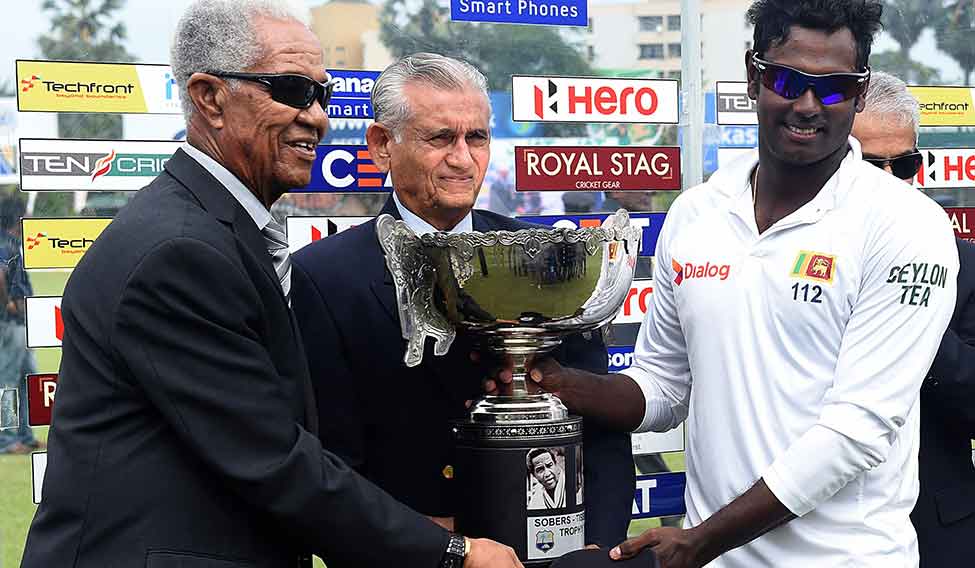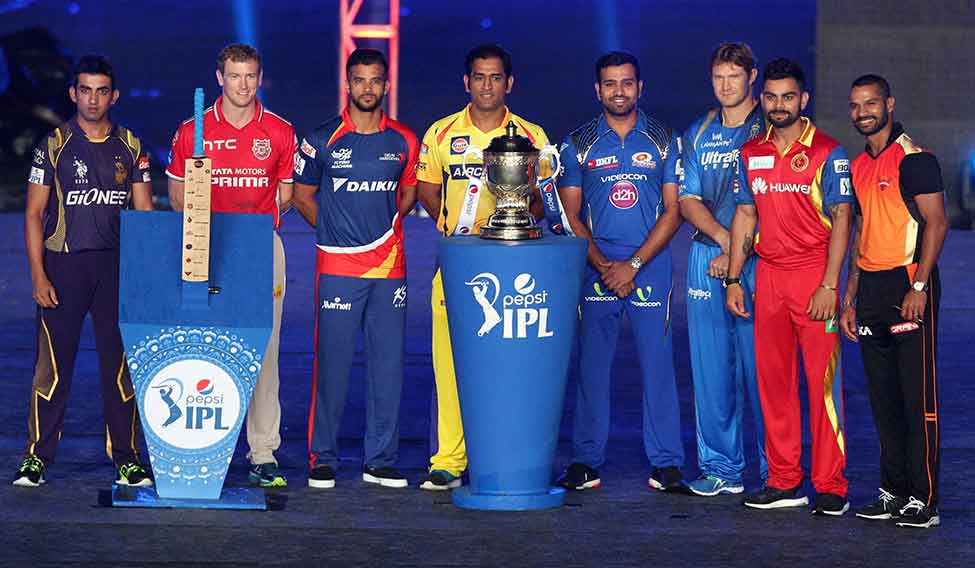Change the game. Not so long ago, this tag line of PepsiCo flashed regularly on television screens while the Indian Premier League was on. Looks like the cola major has now taken this old tag line a tad too seriously. It has ended its longstanding partnership with Indian cricket by exiting from the title sponsorship of the IPL, three years into its five-year deal. The Board of Control for Cricket in India, though, was quick to find a replacement—Chinese mobile manufacturer Vivo—notably at the same price of Rs.79.2 crore per year for two years.
It was an amicable parting of sorts. Though PepsiCo was tight-lipped, it is said it withdrew from the sponsorship deal because of issues that have brought the game into disrepute. Clearly, the multinational company was disturbed by the spot-fixing allegations that had plagued the IPL and issues related to transparency and governance of the game by the BCCI. The BCCI tried to sort out the issues, but PepsiCo insisted on pulling out.
Indian cricket has had a reputation of keeping its sponsors intact. But since the IPL, this reputation has taken a beating. Vivo is IPL's third title sponsor in eight years. In recent times, another longstanding partner of the BCCI—Hero MotoCorp—also withdrew its sponsorship in the IPL. BCCI sources said Hero's withdrawal was owing to personal issues between the company's chairman and managing director Pawan Munjal and IPL CEO Sundar Raman. The company spokesperson, however, denied the charge, but admitted that the “issues related to the IPL that everyone is well aware of” were among the primary reasons for the withdrawal. But Hero hasn't totally given up on the sport. It is sponsoring the ongoing series between Sri Lanka and the West Indies. That, though, is aligned to its overall marketing strategy—the emerald island is an important territory for the two-wheeler manufacturer.
Though BCCI secretary Anurag Thakur sidestepped the query on the corruption scandal driving its top sponsors away, he admitted that the BCCI was conscious about keeping its longstanding partners intact and happy. “It is very important to have a long relationship with your sponsors,” he said. “It shows a commitment to the sport. It is painful when a sponsor like Pepsi decides to part ways with one format of the game. But I am sure that the association of Pepsi will continue, if not in IPL then other formats.”
So, is it the end of the big fat long-term sponsorships for Indian cricket? Is the battered image of the BCCI and the IPL affecting it financially? Has the emergence of other sports leagues given a chance to sponsors to get value from cheaper investments? Or, has cricket reached its threshold in terms of return on investments as well as market reach?
There was a time when competitors sealed long-term deals for fear of their rivals getting a foothold; threat of ambush marketing was high. If PepsiCo was the on-ground sponsor, Coke would block most of the ad spots for on-air sponsorship. If LG sponsored ICC events, Samsung would try to sneak in domestic events through on-ground or broadcast activities. Not anymore.
 Fresh territory: Though Hero exited the IPL, it sponsored the recent Sri Lanka-West Indies Test series. (Above) Sri Lanka captain Angelo Mathews receiving the trophy from Sobers (left) and former Sri Lanka skipper Michael Tissera | AFP
Fresh territory: Though Hero exited the IPL, it sponsored the recent Sri Lanka-West Indies Test series. (Above) Sri Lanka captain Angelo Mathews receiving the trophy from Sobers (left) and former Sri Lanka skipper Michael Tissera | AFP
Market experts said the controversies engulfing the IPL had affected the brand's market value. “The image of the IPL is a problem,” said R. Venkatasubramanian, vice president, Lintas Media Group. “Companies are facing a problem on the market front. They are not spending as much money as they used to. Marketing budgets of companies including Pepsi have been reduced. The scenario is changing. Pepsi has been sponsoring the IPL for three years. Coke decided not to come in because the recall value of Pepsi IPL will remain strong for some time. And, these rights are just for two more years.”
One thing is for sure—the landscape has changed for cricket sponsorships. Gone are the days of eight- to ten-year-long deals with one sponsor. Traditional sponsors are giving way to companies with no legacy, like e-commerce portals and new players in the telecom space, who are looking to establish brand identity. But, cricket still remains the biggest and surest way of engaging in mass marketing. “A lot of on-ground stuff needs to be done to create hype in the market. No one is ready to invest long term and are looking for maximum three-year deals in cricket,” said Venkatasubramanian.
Sport marketing officials assert that the market is still unfortunately only for cricket in terms of valuations, return on investment and brand building. “Look at the ICC TV deal for the next eight-year cycle. It has increased from $1.1 billion to $1.9 billion,” said a marketing official. However, this is a minuscule increase. Media planners are quick to point out that other than car manufacturer Nissan, the ICC is yet to firm up its on-ground main sponsors. “No one wants to take a risk for eight years,” said a planner.
People involved with cricket sponsorships said PepsiCo's keenness to exit the IPL was no surprise. “They had been wanting to exit a year into the sponsorship deal; they had overpaid and were never happy,” said a source. PepsiCo had signed a five-year deal worth Rs.396.8 crore with the BCCI for the IPL's title sponsorship after the original sponsor, real estate major DLF, ended its five-year deal. The next round of long-term central sponsorship deals will come up for renewal in 2018.
Also, other sports leagues, though still minions in comparison with cricket, are changing sponsor strategies. “I think cricket has reached a threshold level in India,” said Venkatasubramanian. “You cannot force more people to see more cricket. People now want to watch other sports also. Star is doing a good job there. Broadcasters have to do different things now to keep sponsorships going.” He cited the example of SET Max, which, for the first time, had an on-air sponsor for the IPL. Star Sports is using a different strategy for the Pro Kabaddi League and Indian Super League. In PKL, Star is a part owner, having picked up 74 per cent of the promoter's stake in the league, and it has been broadcasting the matches across all its sports and entertainment channels, thereby broad-basing its audience. It is not the same, though, for the soccer league, where it is merely a broadcasting partner. Star decided to be PKL's title sponsor, rejecting, as per market sources, “a good offer worth 010 crore” as it felt it could get more value from its product. It is now planning two editions of PKL in one season next year onwards.
No matter what, cricket continues to hold sway as market experts are waiting to see how the dynamics change with the tie-up of ESPN and Sony, which is the official broadcaster of the IPL till 2017.








